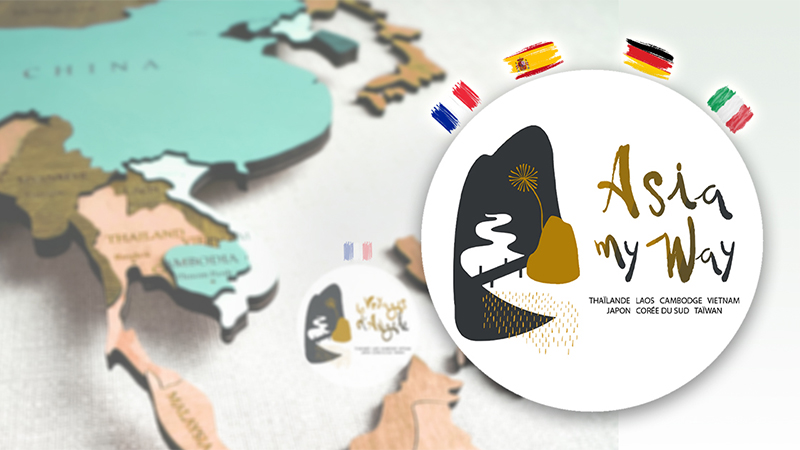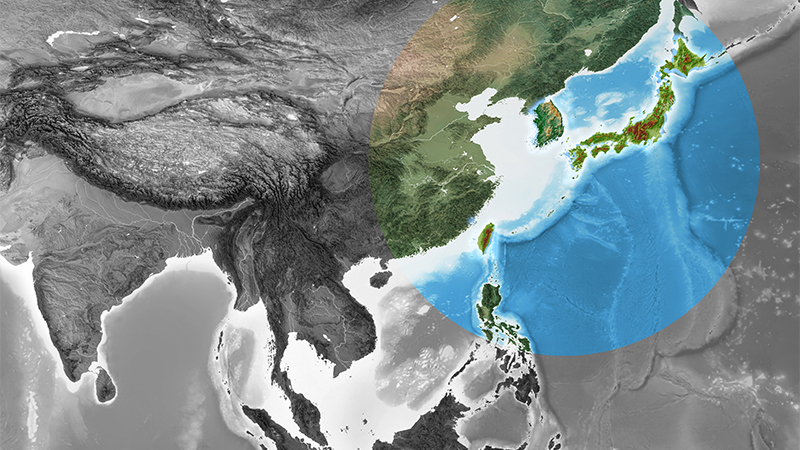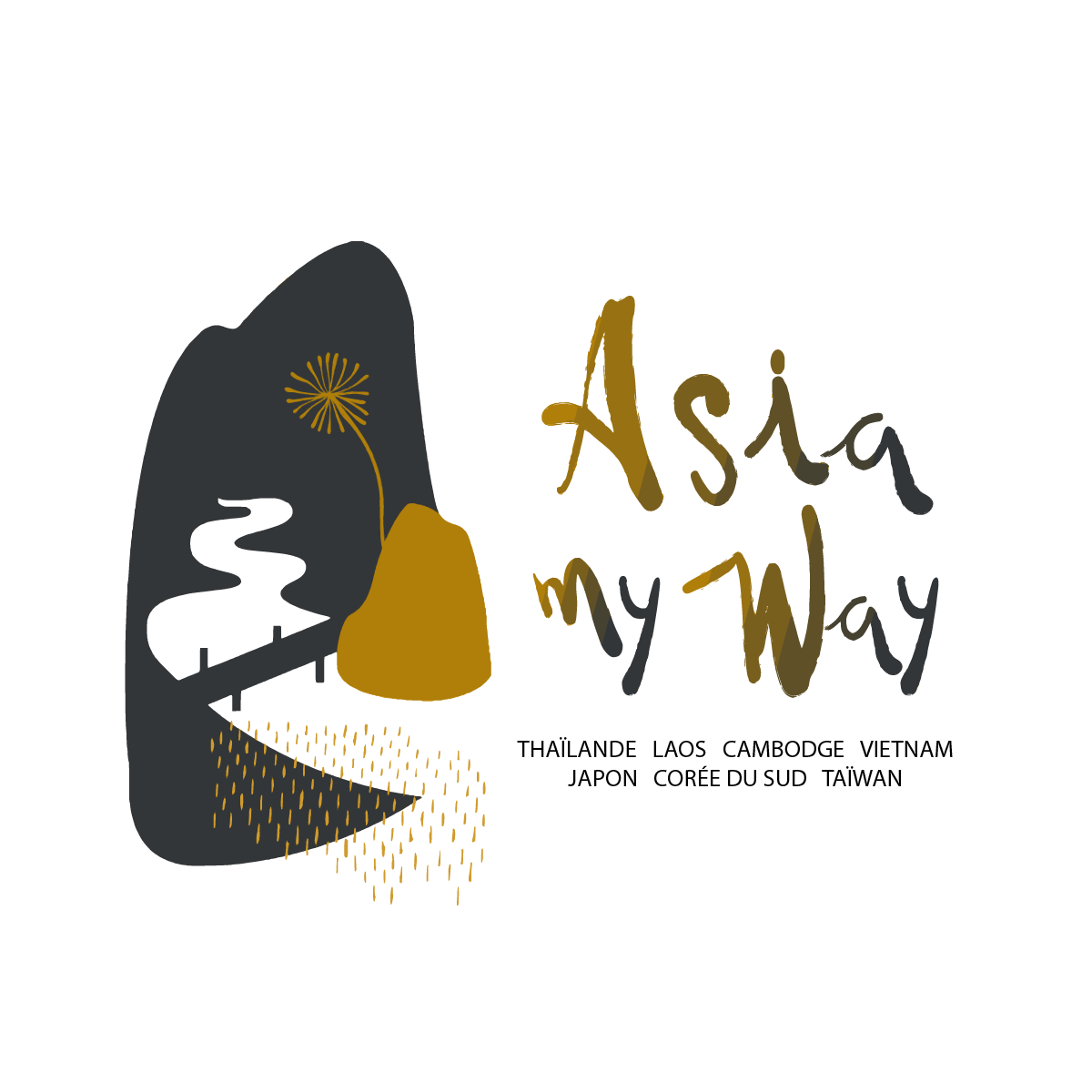
- Home
- Markets & Destinations
Asia Destinations
Asia Destinations
-
Thailand TH
The Land of Smiles -
Laos LA (Lan Xang)
The Land of a Million Elephants -
Cambodia KH
The Kingdom of Wonder -
Vietnam VN
The Dragon of Asia
-
Japan JP
The Land of the Rising Sun -
South Korea KR
The Land of the Morning Calm -
Taiwan TW
The Beautiful Island -
Myanmar MM
The Land of Golden Pagodas
-
Thailand TH
- Sustainability
- Who We Are
- Articles
Recent Articles
Recent Articles


From Tokyo to Seoul: German and Italian travellers can now explore with Asia My Way
asiamyway February 23, 2025
This Fascinating Cultural Tectonics That Leads Us to Travel in Asia-Pacific
asiamyway December 26, 2024
Asia My Way unites its identity under one brand
asiamyway February 24, 2025
From Tokyo to Seoul: German and Italian travellers can now explore with Asia My Way
asiamyway February 23, 2025 - Contact
- Home
- Markets & Destinations
Asia Destinations
Asia Destinations
-
Thailand TH
The Land of Smiles -
Laos LA (Lan Xang)
The Land of a Million Elephants -
Cambodia KH
The Kingdom of Wonder -
Vietnam VN
The Dragon of Asia
-
Japan JP
The Land of the Rising Sun -
South Korea KR
The Land of the Morning Calm -
Taiwan TW
The Beautiful Island -
Myanmar MM
The Land of Golden Pagodas
-
Thailand TH
- Sustainability
- Who We Are
- Articles
Recent Articles
Recent Articles

Asia My Way unites its identity under one brand
asiamyway February 24, 2025
From Tokyo to Seoul: German and Italian travellers can now explore with Asia My Way
asiamyway February 23, 2025
This Fascinating Cultural Tectonics That Leads Us to Travel in Asia-Pacific
asiamyway December 26, 2024
Asia My Way unites its identity under one brand
asiamyway February 24, 2025
From Tokyo to Seoul: German and Italian travellers can now explore with Asia My Way
asiamyway February 23, 2025 - Contact

